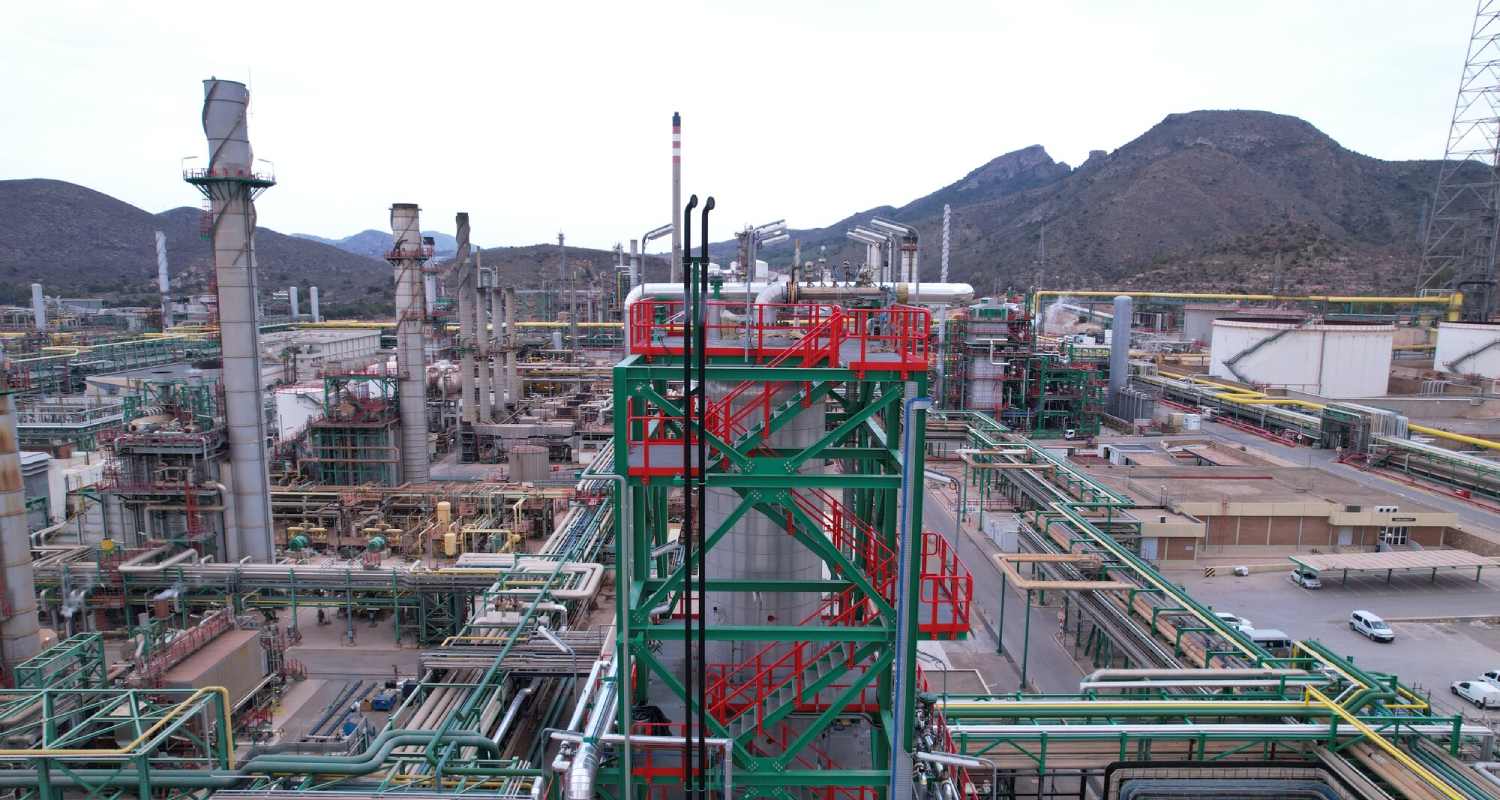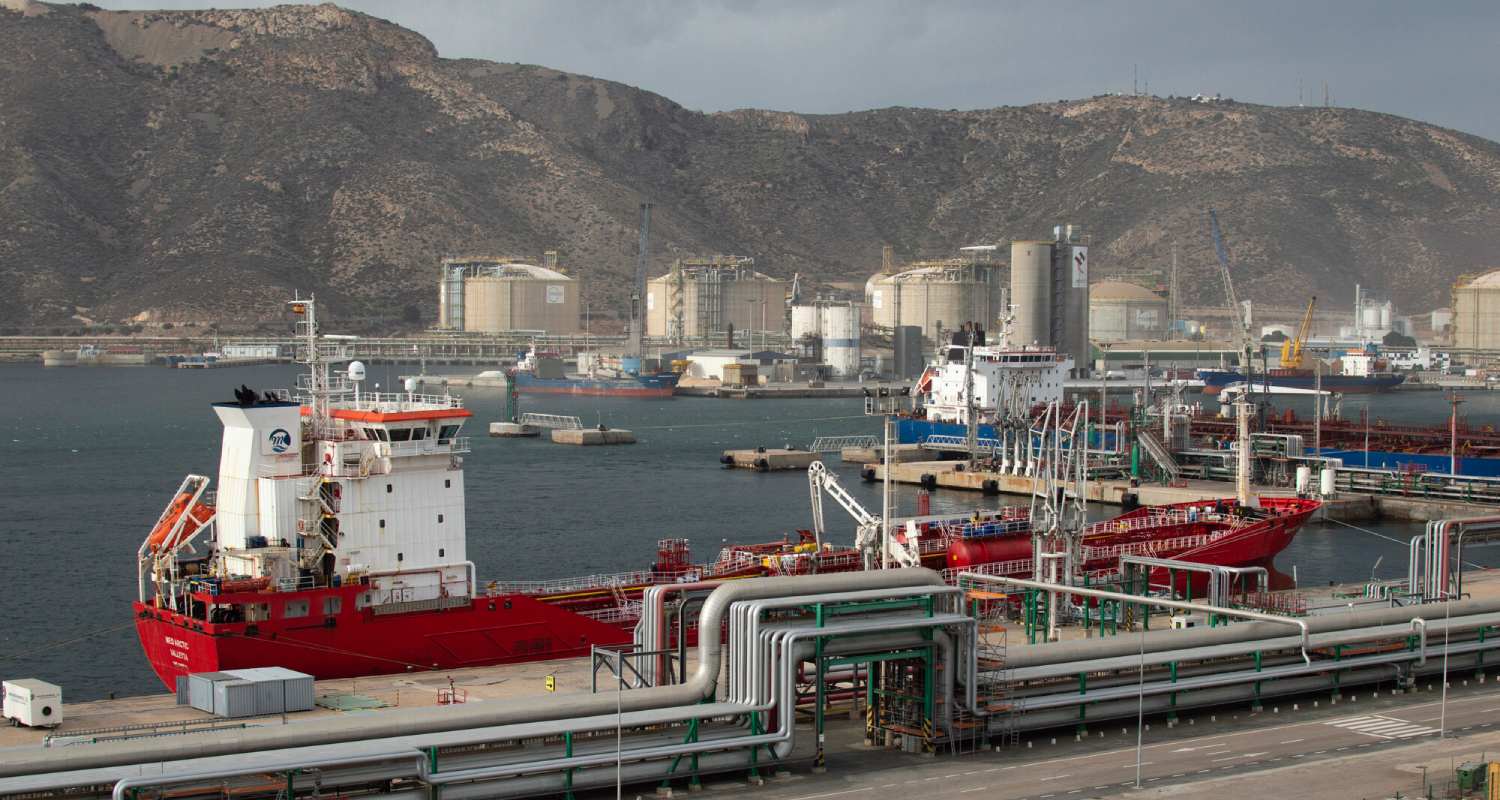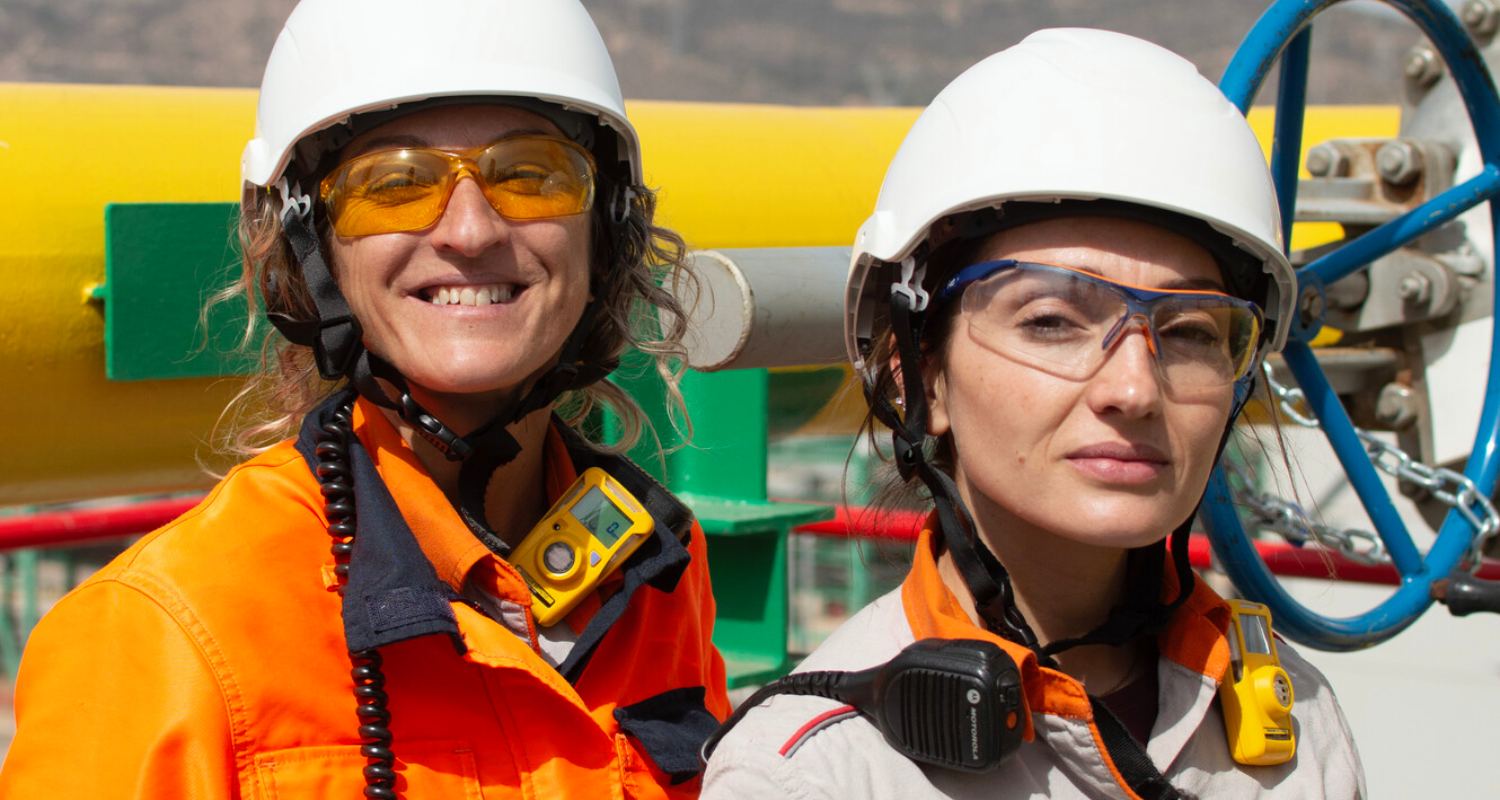Circular economy
Circular economy
They are produced with organic waste such as nutshells or used oil, giving them a second life.
Conventional vehicles
Conventional vehicles
For all vehicles with combustion engines, both gasoline and diesel engines.
Current infrastructure
Current infrastructure
They can be supplied using the current service station network on the iberian peninsula without the need for new infrastructure.
Industrial development
Industrial development
Their manufacture represents an opportunity for industrial growth and the creation of new, quality jobs.










